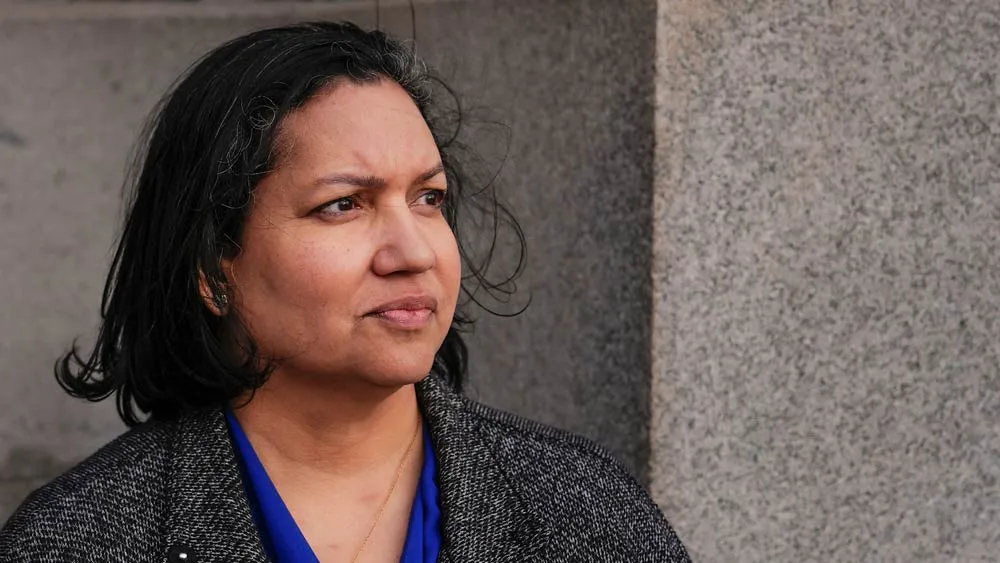November 28, 2015
Turing Reneges on Drug Price Cut, Rival's Version Sells Well
Linda A. Johnson READ TIME: 3 MIN.
After weeks of criticism from patients, doctors and other drugmakers for hiking a life-saving medicine's price more than fifty-fold, Turing Pharmaceuticals is reneging on its pledge to cut the $750-per-pill price.
Instead, the small biotech company is reducing what it charges hospitals, by up to 50 percent, for its parasitic infection treatment, Daraprim. Most patients' copayments will be capped at $10 or less a month. But insurers will be stuck with the bulk of the $750 tab. That drives up future treatment and insurance costs.
Daraprim is a 62-year-old pill whose patent expired decades ago. It's the preferred treatment for a rare parasitic infection, toxoplasmosis, which mainly threatens people with weak immune systems, such as HIV and organ transplant patients, and pregnant women, because it can kill their baby.
Dr. Carlos del Rio, chairman of the HIV Medicine Association, called Turing's changes "just window dressing."
Turing's move comes after a pharmacy that compounds prescription drugs for individual patients, Imprimis Pharmaceuticals, started selling a custom-made version for 99 cents per capsule. Those sales weren't a factor in Turing's pricing strategy, chief marketing officer Nancy Retzlaff said Wednesday.
Del Rio noted that while hospitals treat many patients initially, most are then treated at home for a couple months, so the lower hospital price doesn't help.
"This medication can be made for pennies. They need to reduce the price to what it was before," he said.
Turing, with offices in New York and Switzerland, bought U.S. rights to sell Daraprim in August, when it had no competition. Daraprim is one of numerous old drugs with limited competition whose makers have raised prices sharply.
A furor over Turing's staggering price hike erupted, triggering multiple government investigations and pledges from politicians to rein in soaring prescription drug prices. Those include newly approved medicines costing around $100,000 a year and some old, formerly cheap generics.
Amid the heat, Turing CEO Martin Shkreli said he'd lower the price. Instead, the company just lowered hospitals' price and is offering the option of buying 30-pill bottles instead of 100-pill bottles to reduce their costs to stock it. Shkreli wasn't available for an interview.
Imprimis Chief Executive Officer Mark Baum said Wednesday in an exclusive interview that orders are pouring in for its version of Daraprim from doctors and the company has dispensed more than 2,500 capsules since Oct. 22.
He's now working with insurers to get them to cover Imprimis' capsules and will be talking with federal health agencies and members of Congress about changing current rules to allow the Defense Department and government health programs such as Medicare to cover so-called compounded medicines.
Imprimis also has begun selling capsules of another drug whose price was jacked up and is considering doing the same with dozens of now high-priced generic drugs for pain, heart disease, infections, skin and hormonal conditions and immune disorders.
Mass-produced drugs must be approved by the Food and Drug Administration. Imprimis, like other compounding pharmacies, instead makes up individual prescriptions using drug ingredients already approved - in this case pyrimethamine, Daraprim's active ingredient, plus a second drug to limit its side effects.
Dr. Warren Dinges of the Seattle Infectious Diseases Clinic said he's treating an HIV patient who got toxoplasmosis in his eye, damaging his vision. The man, an artist, tried to fill a prescription Dinges wrote for Daraprim but was told by his pharmacy that it wasn't in stock and would cost about $27,000 for a month's supply.
Dinges instead got Imprimis to make up a custom version for barely $100 per month.
"He was feeling great on Monday" at a checkup, with his symptoms much reduced, Dinges said.


